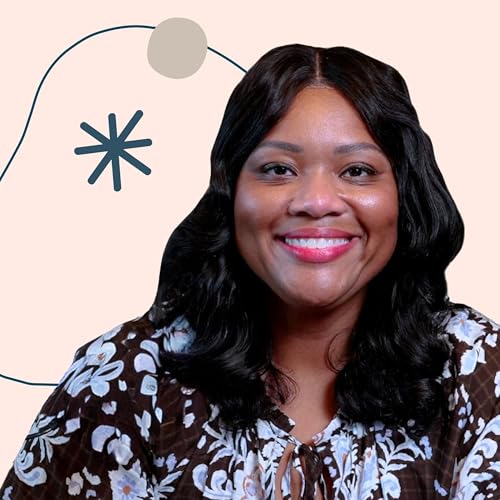The holidays are here — and so is all the food, family, and sensory overload that can come with them. Host Cate Osborn sits down with Aleta Storch, dietitian, nutritionist, ADHD expert, and founder of Wise Heart Nutrition, to talk about food and ADHD. They cover what disordered eating looks like (and how it’s different from a diagnosed eating disorder), why sensory sensitivities can make meals stressful, and what it’s like not to be believed when you say you don’t want to eat something. Plus, the dopamine rush of holiday treats — and how to navigate it all with more compassion and understanding.
(Note: This episode does not dive deeply into diagnosed eating disorders — we’ll have another episode in the future focused entirely on that topic.)
For more on this topic:
- The National Eating Disorders Association
- ADHD and eating
- Understood.org’s “Neurodiversity and the Holidays” survey
- Aleta’s website, www.wiseheartnutrition.com
- Aleta’s Instagram, @the_adhd_rd
Timestamps:
(00:00) Intro
(02:05) Aleta’s personal story with ADHD and eating
(05:48) What’s the difference between an eating disorder and disordered eating?
(07:46) What about ADHD can affect our relationship with food?
(13:39) Sensory challenges and food
(18:11) The consequences of ignoring our own needs
(20:12) Good food practices to support ourselves and the neurodivergent people in our lives
(26:23) Aleta’s parting advice for the holidays
(28:23) Outro and credits
For a transcript and more resources, visit Sorry, I Missed This on Understood.org. You can also email us at sorryimissedthis@understood.org.
ADHD Unstuck is a free, self-guided activity from Understood.org and Northwestern University designed to help women with ADHD boost their mood and take small, practical steps to get unstuck. In about 10 minutes, learn why mood spirals happen and get a personalized action plan of quick wins and science-backed strategies that work with your brain. Give it a try at Understood.org/GetUnstuck.
Understood.org is a nonprofit organization dedicated to empowering people with learning and thinking differences, like ADHD and dyslexia. If you want to help us continue this work, donate at understood.org/give
Hosted by Simplecast, an AdsWizz company. See pcm.adswizz.com for information about our collection and use of personal data for advertising.
 31 mins
31 mins 19 mins
19 mins 19 mins
19 mins 17 mins
17 mins Nov 18 202531 mins
Nov 18 202531 mins 30 mins
30 mins Oct 21 202529 mins
Oct 21 202529 mins Oct 7 202530 mins
Oct 7 202530 mins
